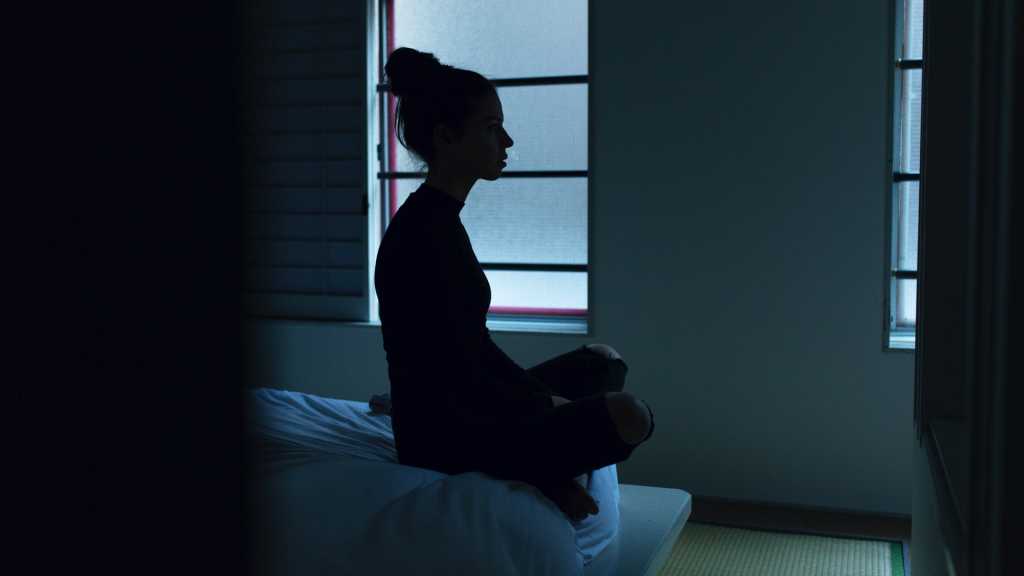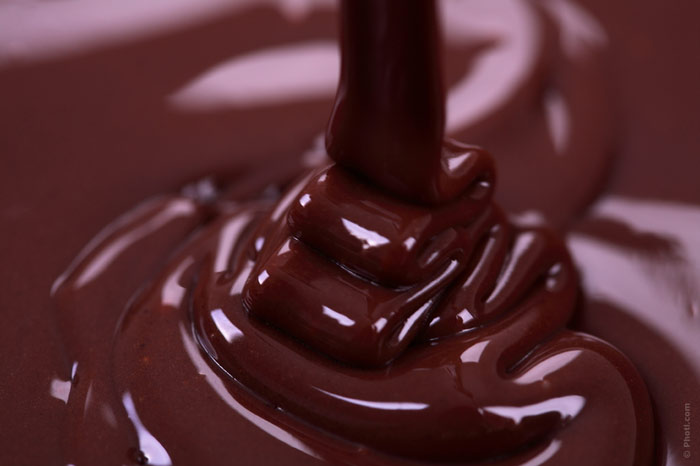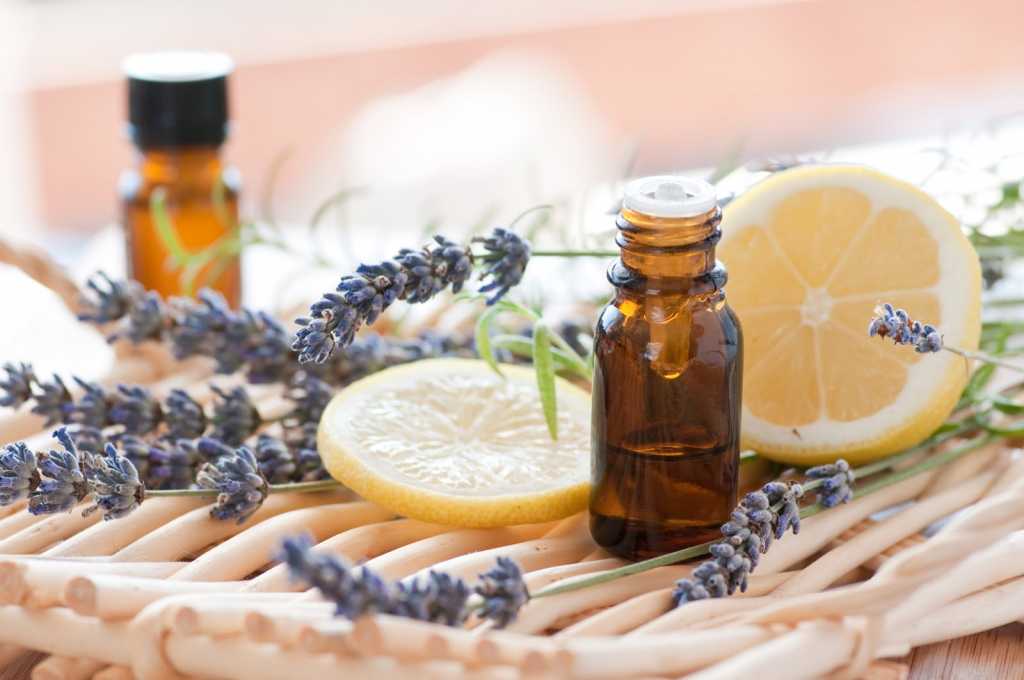Coming home after a tiring day at work, many of us prefer to pour a glass of our favorite wine to relax. However, according to numerous studies, trying to cope with stress by drinking only worsens its effects. In addition, regular alcohol consumption (even in small amounts) can turn into real addiction over time. What can replace it? Below are some awesome ways to relax without alcohol.
Eat foods rich in tryptophan
Many of us are drawn to food when we are under stress, but this can be a good thing, as certain foods can actually help us relax.
Foods containing the essential amino acid tryptophan are great when you need to calm down or relax. This amino acid helps the body to raise the level of serotonin, which perfectly regulates mood, and melatonin, which helps to fall asleep and radically improves the quality and depth of sleep.
The list of tryptophan-rich foods is extensive, but extra care should be taken to include nuts, cheese, turkey, chicken, and soybeans in your diet.
Find out your triggers
Every person has their own triggers for drinking, whether it’s a long day at work or a stressful situation. By identifying your internal triggers (anxiety, boredom, or stress) or external triggers (overwork, certain people or places you associate with alcohol abuse), you can understand and manage your cravings so you don’t fall into the trap of drinking to relax.
Increase your level of physical activity
If you feel stressed, your best way out is to go for a run or visit the gym. While you may feel more comfortable eating popcorn or chips in front of the TV to relax, exercise is more appropriate for releasing mood-boosting chemicals such as endorphins and anandamide, which can help reduce anxiety and improve mental health.
Exercise is not only great for your mood and stress levels, but it can help you distract yourself from problems and help you fall asleep.
Stretch out

After a long day at work, many people go home to have a drink and “relax”. Sitting in one place for long periods of time during work changes the blood flow in your body, and it gradually becomes as stagnant as your mood.
Take short breaks throughout the day to get up, move, and stretch your neck, shoulders, and back. Stretching helps you relax because when you stand up and stretch, you release muscle tension and promote healthy blood flow.
Breathe deeper and slower
If you’re short on time, one of the quickest ways to relax is to take a few deep breaths. Anxiety and stress can cause people to breathe faster than usual, and deep and slow breathing in and out can be effective in relaxing.
If you often feel anxious or stressed out, it can be helpful to incorporate deep breathing into your daily routine, with numerous programs or apps built into your smartwatch that can help.
Do breathing exercises regularly or sign up for yoga, Pilates, or meditation classes – all of these physical practices use deep breathing techniques to help you relax and feel good.
Listen to music
Many of us know that listening to the music we love lifts our spirits. Numerous studies have shown that music is also beneficial for relieving stress. Research has also shown a strong link between music and reducing stress levels in daily life. Music also reduces extreme stress levels in people undergoing surgery, critically ill patients, and pregnant women.
Instead of looking for “relaxing” genres of music, it’s best to trust your individual preferences and choose the type of music that is guaranteed to lift your spirits.
Stock up on chocolate

The good news for many is that chocolate – one of the world’s most popular snacks – is also a great soothing food indeed. Chocolate is rich in magnesium, which helps you relax, and it also contains anandamide, a neurotransmitter that helps you experience a sense of calmness.
High in phenylethylamine, chocolate also increases endorphin levels. Fortunately, there is now a large selection of truly healthy chocolates with no refined sugar added.
Hug more often
Hugging is a well-known mood-lifting and stress-reducing technique. Hugs increase the levels of oxytocin, the hormone of attachment, and lower cortisol, which allows us to relax quickly.
However, hugs with people are far from the only option you can use: warm-blooded pets are also great for hugs.
Pet ownership has also been linked to reduced stress levels, which means that playing or cuddling with your pet can be a great way to relax after work.
Pamper yourself as often as possible
One of the best and most effective ways to relax is to pamper yourself. If your budget allows, you can go shopping, spa, beauty, massage, facials or beauty treatments.
Alternatively, you can pamper yourself a little on your own: take a bath, light candles and lie down with a relaxing face mask, and listen to soothing music.
A simple walk in the fresh air is also great for relaxing.
Laugh and smile

Laughter is known for its therapeutic effects, and many establishments now offer laughter therapy or laughter yoga classes for those looking to improve their health and mood.
Research has shown that even the anticipation of laughter can help us relax by lifting our moods and reducing stress levels in our bodies. Relaxing with a fun movie, book, or friend is an equally good option to help you unwind.
Practice progressive muscle relaxation techniques
Stress raises the level of cortisol in the body. Cortisol keeps your body in a “fight-or-flight” mode. Progressive muscle relaxation is an anxiety reduction technique commonly used in many types of behavioral therapy. Research has shown that these techniques increase the body’s levels of oxytocin and serotonin, which lower blood pressure and improve mood.
Start by sitting quietly in a comfortable position. Make sure you are in a distraction-free area. Place your hands on your knees. Take several slow, deep breaths while focusing your attention on different areas of the body: legs, feet, arms, forehead, etc.
Increase the tension in your feet and toes. Contract and tense your muscles as hard as you can. After at least 15 seconds have passed, slowly begin to release the tension for up to 30 seconds. Feel all the tension leave your body, and you will experience a complete meditative state.
Do the same with other parts of the body.
Be sure to take the time to really feel the relaxation take over your body. Continue breathing deeply at a slow pace.
Try aromatherapy

To truly unleash your senses, transform your home into a relaxing retreat with a scented candle or relaxing essential oils.
Some good essential oils for relaxation include chamomile, lavender, neroli, bergamot, patchouli, and ylang-ylang. Use these oils to help yourself relax by adding a couple of drops to the bath, using an aroma lamp, or spraying the oil indoors.
Scent candles or sandalwood sticks are also well suited for scenting a room.
Focus on the “here and now”
There are many different things that can help you relax. However, if you are not completely immersed in what is happening, it is unlikely that you will be able to fully benefit from any relaxation technique.
If you find it difficult to get distracted from stress and put aside past regrets or future worries, try making a list of things to do or think about, set a time and date for each issue, then try to free your mind, let go of obsessive thoughts, and calm down.
Go back to the action plan you already wrote and tackle problems and stressors one by one, not in bulk.











